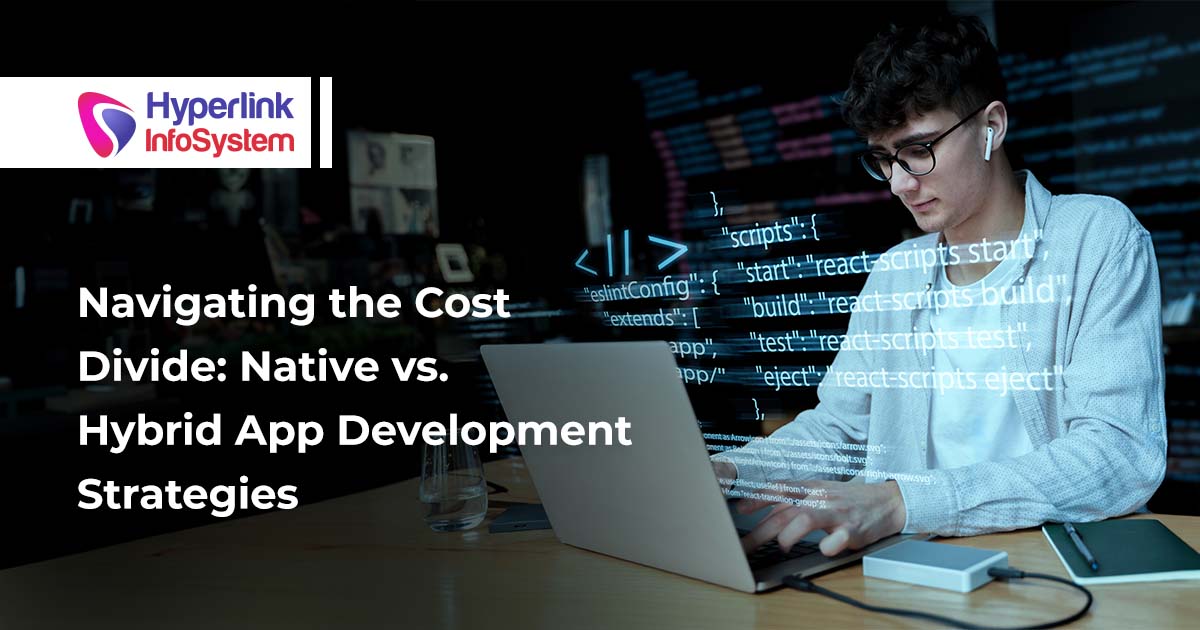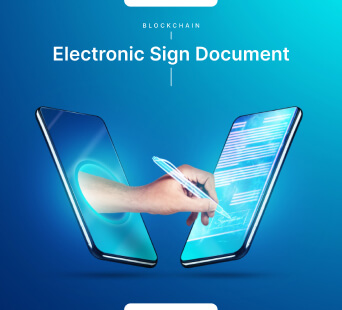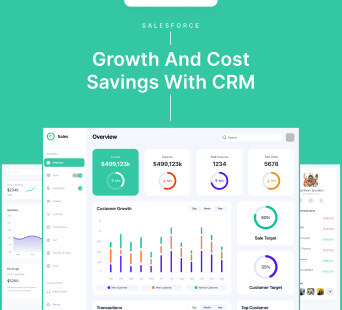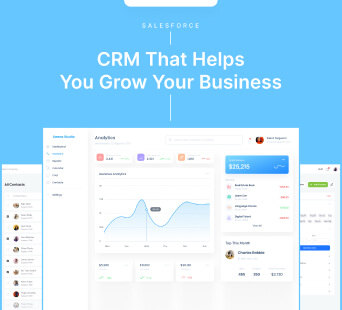For the general public, the blockchain is mainly associated with cryptocurrencies such as Bitcoin and Ethereum. To date, there are already thousands of such cryptocurrencies. But this technology also offers multiple application possibilities in different fields of activity. The main actor in its use is the financial sector. The "FinTech" use the blockchain to be able to offer faster and more economical processes than traditional banks. The high level of data consistency and transparency as well as the encryption make it possibleto execute international payment orders without an intermediary, which increases the speed and reduces the cost of such orders. The blockchain is also used to automate decisions relating to credit applications, for faster and more economical credit granting. The capital market also offers application possibilities: stocks, bonds and digital investment funds can be traded faster and more profitably without a middleman.Other branches also already use blockchain technology.
Approaches In The Main Construction Sector
1) Challenges And Opportunities For Entrepreneurs
In the construction sector, blockchain appears as a potential solution to many of the main challenges affecting the industry: collaboration between sectors, sharing of data and information and intellectual property rights. This can lead to the emergence of new operational roles (such as the smart contract mediator) and new organizational structures such as decentralized autonomous organizations, and many tasks and activities can be partially or fully automated with blockchain.
However, the introduction of blockchain technology in the construction sector is also a challenge in more than one way:
Culturally - While many companies are already successfully employing digital and blockchain possibilities, convincing the majority of the construction industry of their benefits is a tall order. The success of blockchain also depends on the number of participants who use this technology. However, each company must be able to analyze individually what the benefits and costs would be for it.
In terms of skills - The implementation of blockchain requires strong technical knowledge: IT architecture, development, cryptography, product marketing and database analysis are necessary for a relevant blockchain solution. This means, according to the companies, significant efforts to recruit and / or retrain qualified professionals.
From the point of view of technical conditions - As mentioned above, maintaining a blockchain requires significant computing power and enormous storage capacities.
Currently, distributed ledger technology is barely breaking through into the mainstream construction industry. This means that the degree of innovation is very high and the level of practical feasibility is still insufficient in the sector. There are already possibilities and some application examples in the construction industry - we present them to you in the following paragraphs. But for the most part, these are still pioneering experiences. Although it is wise to keep an eye on developments in the coming years.
2) Application Possibilities In The Construction Sector
The literature already attests to numerous cases of application throughout the planning-construction-management value creation chain. Here is an excerpt, with the description of some cases from the main construction sector.
3) Feedback Register For Suppliers And Subcontractors
The procurement process typically begins with a client, their advisors, and the prime contractor. The latter can hire subcontractors to carry out specific work, for example a carpenter, a mason or an electrician. However, checking and controlling subcontractors and their work is often complicated. As for smart contracts, the blockchain can constitute here a kind of feedback register allowing to follow the objects delivered by the subcontractors and thus, to carry out a comparative analysis. The payments corresponding to the services provided are then automatically made at the closing of the defined delivered objects.
4) Lifecycle Register
Beyond smart contracts and feedback ledgers, blockchain can serve as a ledger for the entire lifecycle of a construction project. All relevant information is irrevocably saved in the blocks during the construction process and remains searchable later. This can be very useful, especially in the context of maintenance of real estate or regulatory provisions.
This register can also be used to safeguard warranties and certificates as well as materials, tests and results, and thus protect the construction process against any fraud or falsification. Inspections can be carried out more quickly and easily by simply comparing them to standards and setpoints.
5) Supply Chain
In the construction sector, the supply chain is characterized by its high complexity and low transparency. This often results in a lack of trust between suppliers and contractors, especially early in the supply chain. A blockchain would make it possible to track and trace all objects from production to final delivery on the site. It would thus be possible to save and manage a computer document that cannot be handled over the entire product life cycle.
6) Waste Management
The large amount of waste produced in the construction sector represents a global problem which has a massive negative impact on the environment. It has therefore become essential to manage waste efficiently. An essential factor in this area is the careful evaluation of the waste produced. Since waste could often be reused, blockchain technology could help develop a uniform waste management system. Waste would thus be monitored over its entire life cycle through the establishment of a waste register.
7) Data Exchange For Documentation Management
The high degree of complexity of construction projects usually involves large amounts of various documents. For construction companies, backing up and managing these vital documents is often a challenge, as they require significant storage capacity and represent a heavy workload. Besides current projects, all documentation of old projects must also be archived correctly, which can quickly become an insurmountable obstacle. Distributed ledger technology makes it possible to save and manage documents in a blockchain simply and quickly, using previously unused storage space somewhere on the planet.
8) Efficient Payment Processes Thanks To Smart Contracts
The principle of the blockchain, which directly links the contractual partners during a transaction, facilitates the conclusion of digital contracts with an exceptionally high level of security. Indeed, the information which has become links in the chain remain irrevocably recorded. In the construction sector, many service providers - engineers, construction companies, craftsmen, subcontractors, experts, project managers, lawyers - collaborate on a project and the result is complex constellations in terms of contracts. If there is a problem with any detail in the process, the entire payment chain is likely to be slowed down. It is a significant risk.


















